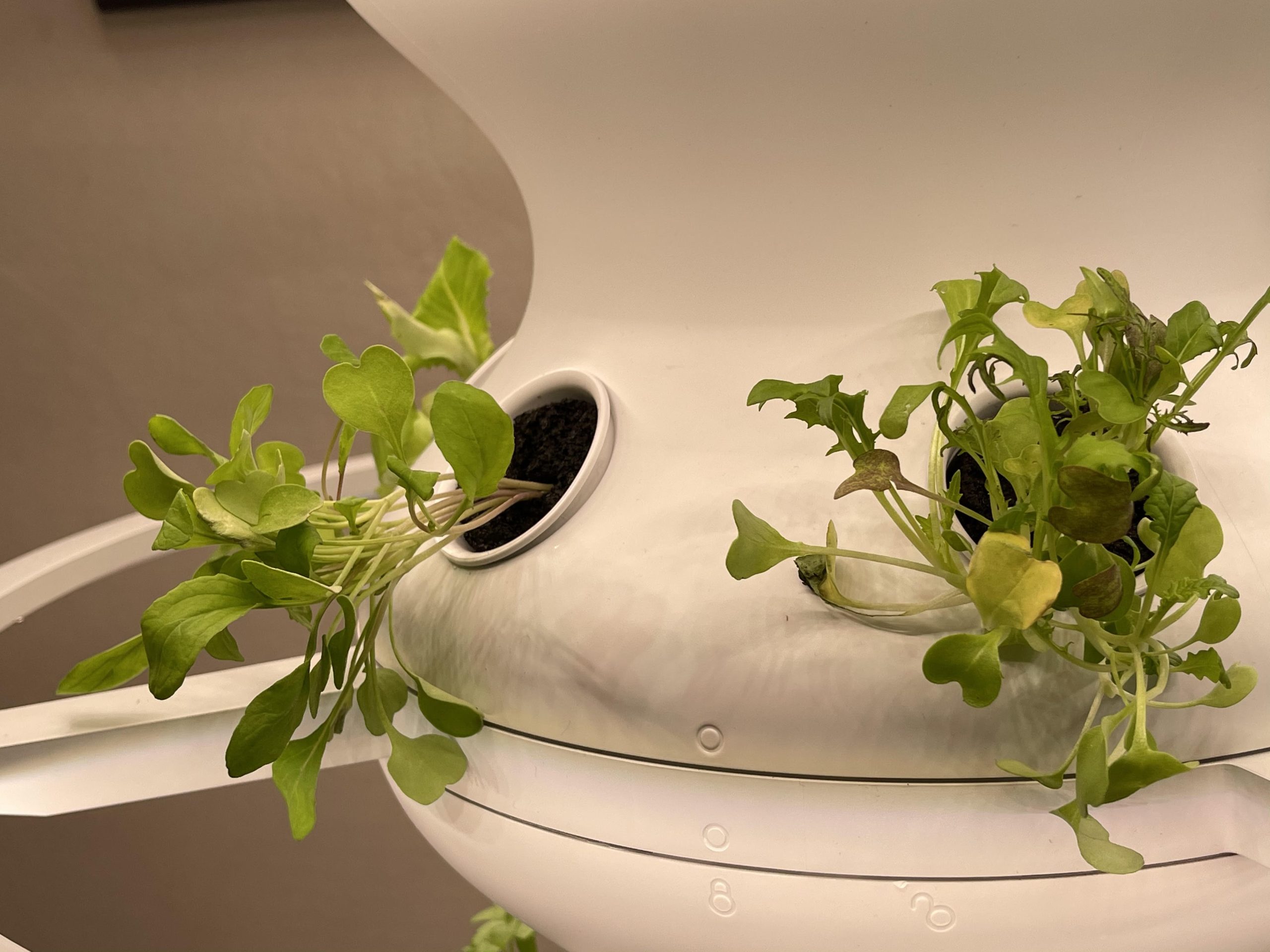Transitioning to an assisted living facility can be a profound change in an individual’s life. The shift often requires one to let go of a familiar environment and adapt to a new living situation. However, amidst the challenges of this adjustment, gardening emerges as a therapeutic and empowering activity that can make the transition smoother. Here’s a look at how gardening can serve as a balm during the transition to assisted living.
- Familiarity in New Surroundings: One of the most daunting aspects of moving to assisted living is the unfamiliarity of the new environment. Planting a garden, even if it’s just a small patch or a container garden, can create a sense of home. Tending to plants that one might have grown in their previous residence can evoke memories, offer comfort, and foster a feeling of continuity amidst change.
- Therapeutic Benefits: Gardening is not just a hobby—it’s therapeutic. Digging in the soil, planting seeds, and watching them grow provides a sense of accomplishment. Moreover, the physical act of gardening can enhance flexibility, strength, and hand-eye coordination. At an emotional level, the rhythmic, repetitive tasks involved in gardening can reduce stress, anxiety, and feelings of depression.
- Creating Social Bonds: Assisted living facilities often organize group gardening activities. Such activities can serve as an icebreaker, helping newcomers form connections and friendships with fellow residents. Sharing gardening tips, exchanging plants, or merely appreciating the beauty of the garden together can spark conversations and form bonds.
- Cognitive Stimulation: Gardening is not just about putting seeds in the ground. It requires planning, problem-solving, and decision-making. Which plants will thrive in which conditions? How should they be spaced? When should they be watered? These cognitive tasks keep the mind sharp and active, which is especially beneficial for seniors who want to stay mentally agile.
- Sense of Purpose: Moving to assisted living can sometimes lead to feelings of redundancy or a perceived loss of purpose, especially if one had to leave behind a beloved home or give up certain activities. Gardening grants residents a renewed sense of purpose. Nurturing a plant from seed to bloom instills a feeling of accomplishment and pride.
- Connecting with Nature: Nature has an inherent healing quality. Being around plants, feeling the soil, listening to the birds, and soaking in the sun—these simple pleasures can elevate mood and overall well-being. Assisted living residents might not always have the freedom to venture far, but a garden can bring nature to their doorstep.
- Personalization of Space: Assisted living accommodations can sometimes feel generic. Personalizing one’s space can make it feel more like home. A resident can take pride in decorating their balcony or window with pots of vibrant flowers or even herbs. These personal touches can make a world of difference in how a resident perceives and feels about their new living space.
In conclusion, while the transition to assisted living can be challenging, incorporating gardening into one’s routine can serve as a bridge between the past and the present. It offers therapeutic benefits, encourages social interaction, and imparts a sense of purpose, making the adjustment to a new environment a blossoming experience. All Majestic Residences have indoor gardening for the enjoyment of our residents.

